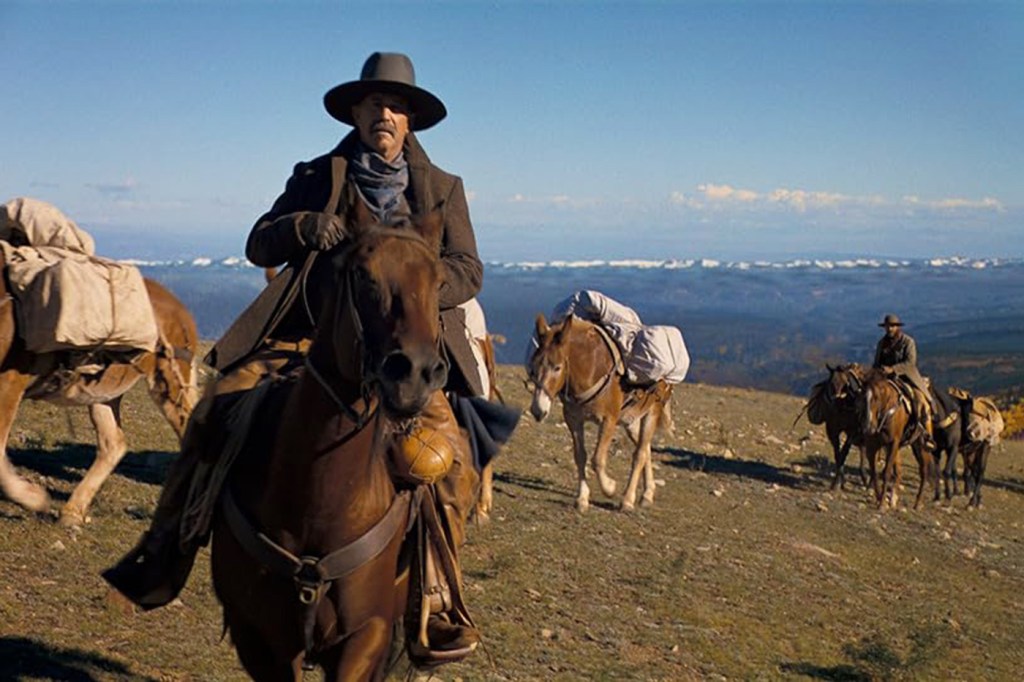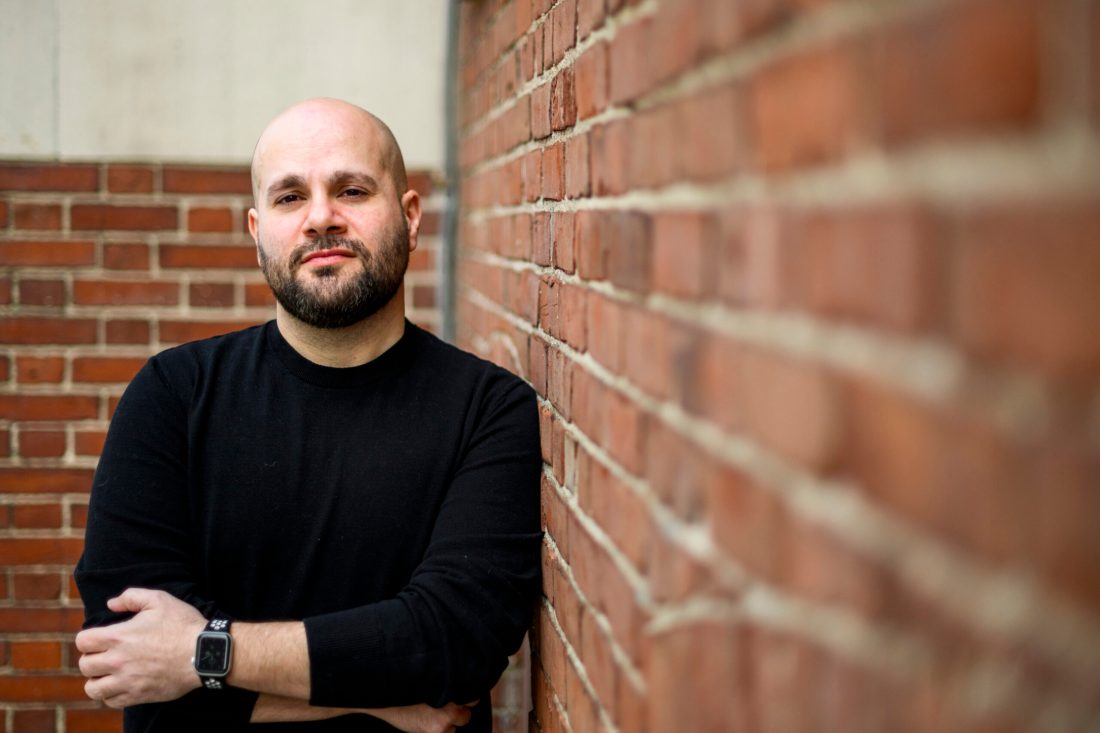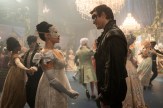Kevin Costner used millions of his own money to make his Western epic, ‘Horizon: An American Saga.’ Why did it bomb at the box office?
Movie stars and the Wild West just don’t bring people to the theater for a project that seems to confuse a movie for a TV show, an expert says.

If you’ve seen Kevin Costner’s face recently, you’re not alone. The “Yellowstone” star has been hitting the press circuit hard for his latest movie, “Horizon: An American Saga,” the Western epic that he wrote, directed, produced, starred in and ponied up $38 million of his own money to bring to theaters.
There’s just one problem: No one went to see it. This past weekend, “Horizon” opened with only $11.3 million against a $100 million budget. The second movie in Costner’s planned Civil War-era trilogy is already scheduled for an Aug. 16 release.
Costner’s passion project has quickly become a Hollywood cautionary tale, but why exactly did it bomb at the box office? And what does it say about Hollywood that it did?
Steve Granelli, an associate teaching professor of communication studies at Northeastern University, says there were a lot of factors working against “Horizon,” from marketing to the movie’s three-hour run time.
“I think that’s a lot of asks for audiences: to invest in a three-hour story where you don’t know what the story is and that’s only part one,” Granelli says. “Marvel can pull it off when they have 26 movies leading into it and we know what we’re getting into and we know what the story is and we know it’s going to give us some payoff.”

It also doesn’t help that reviews for the film haven’t exactly been stellar, with most criticizing the film for being three hours of setup and throat-clearing. The sprawling nature of “Horizon,” divided into chapters and released over time, raises the question: Should it have just been a TV show?
“Could it have been a series? Yes, it could have been a series,” Granelli says. “Should it have been a series? Yes, I feel like it should have been a series.”
The languid pacing of this first chapter might have made more sense on TV, Granelli says, where people can watch at their own pace and are less concerned about the resolution of a story and more about getting to know the characters over time.
The barrier to entry for an original story that’s not a sequel or reboot is also lower on TV. As long as you’re already subscribed to a streaming service, you can just hit “play” on the poster for a new Kevin Costner film and give it a shot. You don’t have to shell out $20 for a ticket and spend an evening in a theater to see the first part of a story.
“You have the agency to decide whether or not this is for you,” Granelli says. “You can, after the first episode, punch out. Here, you are locking yourself into a chair for three hours.”
There’s also another elephant in the room: “Yellowstone.” Paramount’s modern-day Western drama series catapulted Costner out of his 2010s slump and back into the limelight. Costner recently announced he is leaving the series, due in no small part to commit more to “Horizon.”
Costner was likely hoping fans of “Yellowstone” would come out to see “Horizon” in theaters, Granelli says. But he adds the general audience for “Yellowstone,” which tends to be older, is not exactly rushing out to sit down for three hours in the theater, especially after they’ve grown used to watching movies in the comfort and safety of their homes.
That might work for Marvel with its massive universe of characters and millions of fans built up over more than a decade. But, Granelli says, a movie not based on an existing property in a genre that is long past its prime doesn’t exactly scream “box office gold.” If anything can be learned from “Horizon” bombing, he adds, it’s that movie stars and adult-oriented movies just aren’t enough to bring audiences out to the theater.
But on TV, where Costner already has a massive audience of millions willing to watch him ride a horse across Western landscapes? That’s a different story, Granelli says.
“I would have loved to see what it would have done on [a platform like] Paramount Plus if it was released there,” Granelli says.







